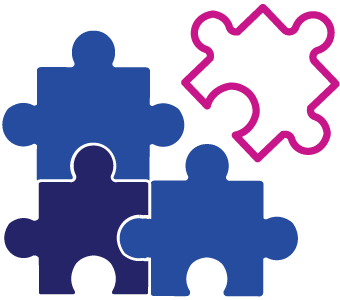Al-Ahliyya Amman University
The Department of Software Engineering was established in 2006 after the Ministry of Higher Education and Academic Research had accredited a program at the Bachelor Degree level in software engineering. The study commenced at the department in the academic year 2006/2007. Software Engineering (SWE) is a computing science as well as an engineering discipline based on requirement analysis, design, construction, testing, maintenance, and managing the economics of software engineering. It is relatively a recent discipline that applies the principles of computer science, mathematics, and engineering to achieve high quality and cost-efficient solutions to software problems in a systematic, controlled, and effective manner.






